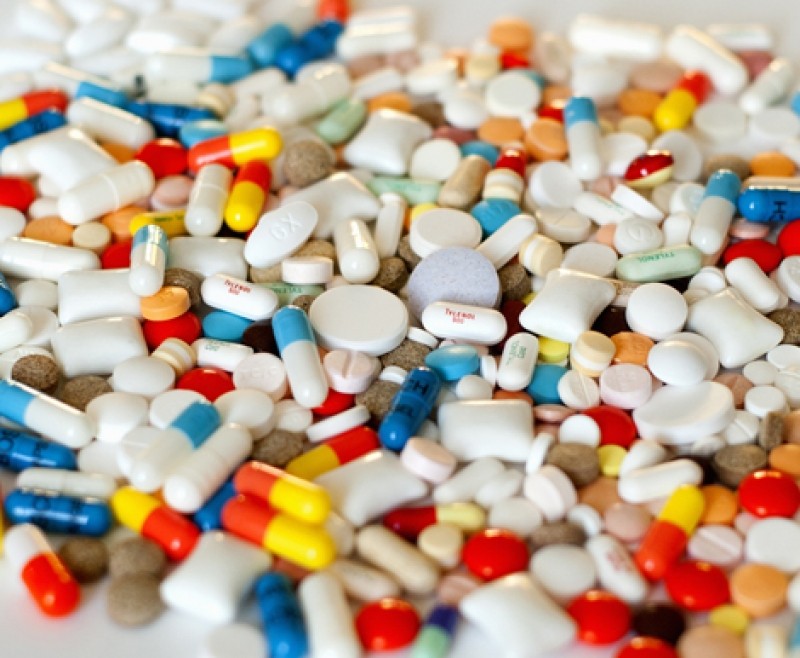Too much is still unclear about the new Feyenoord stadium. That is why it is too early for the municipality of Rotterdam to decide whether it wants to become a shareholder, says the Rotterdam Court of Audit.
With a contribution of 40 million euros, the municipality may become co-owner of a new Feyenoord stadium. A final decision on this would be taken in July. But according to the municipal audit office, there is a lack of clarity in important areas as to whether the conditions set by the municipality are being met.
Construction costs uncertainties
The business case, a feasibility study for the intended new stadium, was tested by a financial consultancy. It was examined whether all assumptions and calculations in the study are correct and whether the plans meet the municipal conditions.
According to the Court of Auditors, too many questions remain unanswered. For example, the willingness of financiers has not been tested and there is a lack of clarity about the financing structure and the risk profile of the business case. There are also uncertainties about the construction costs and the risks for the municipality in the leasehold construction for the land reclamation.
Feyenoord City
The new stadium is an important part of Feyenoord City, the area development in South Rotterdam with homes, shops and entertainment venues. The total costs are estimated at EUR 1.5 billion. In December, the city council approved the zoning plan.
Earlier, the Rotterdam Court of Audit also issued a critical report on the tens of millions that the city wants to contribute to the construction of a new football stadium for Feyenoord. It stated that the municipality had not looked enough at whether this million contribution is in the public interest. According to the Court of Auditors, the necessary presence of a public interest for shareholdership is still insufficiently substantiated.
In July 2020, the Rotterdam Court of Audit also questioned the millions that the city wants to contribute to the construction of a new football stadium. Watch the report that Nieuwsuur made at the time here:
–


